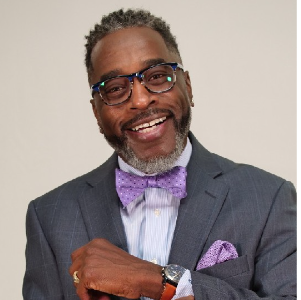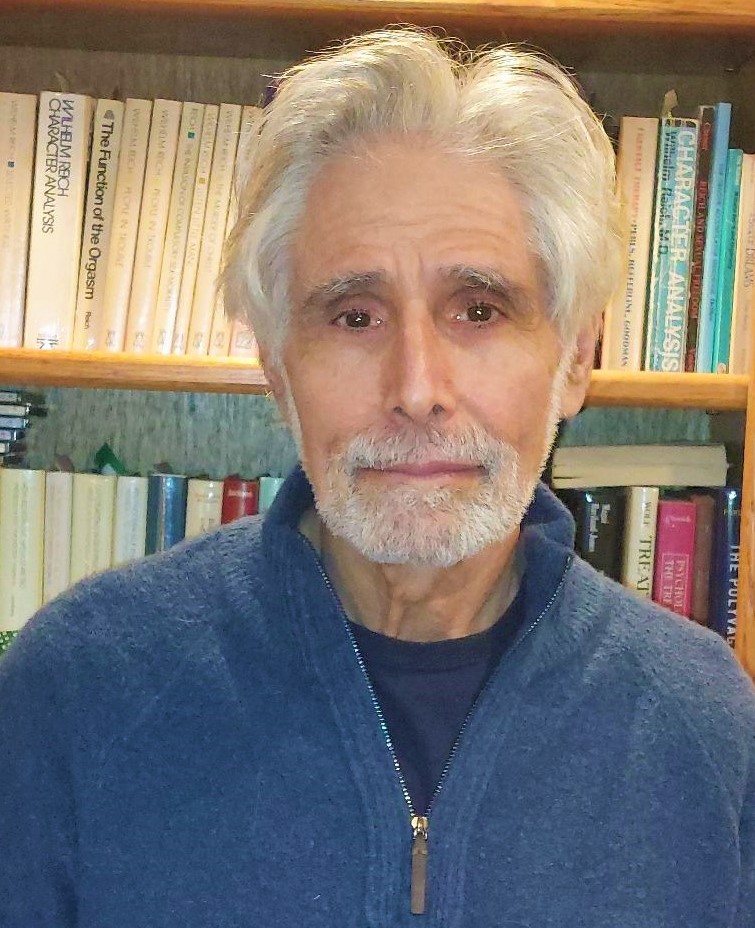Facilitated by: Daniel Parker, PhD. and Bob Edelstein, LMFT, MFT
Discovering one’s meaning was the theme of our recent salon. Unlike our usual format of meeting informally in someone’s home for our salon discussion, we met through Zoom due to COVID-19. Our facilitators, Daniel Parker, PhD and Bob Edelstein, LMFT, MFT, began our time together providing some background of the concept of meaning in Existential theory.
Daniel discussed the work of Viktor Frankl and his book, “Man’s Search for Meaning.” He asked what is this “search for meaning” for us? How did Frankl conceptualize meaning? He noted that when something in our life doesn’t fit well, we sense that something is missing, something essential is missing. We experience a void in our lives. We ask ourselves, “What am I living for, what am I doing this for?” To endure this suffering, what makes it worthwhile? What reason do I have to do this?
Answers to these questions of meaning can come from external sources such as religion and philosophy, which tend to be a spiritual or cognitive source of understanding and from an internal source which is more a sense and a feeling.
We used to understand our meaning more by instincts and traditions. We no longer rely on instincts in terms of understanding our meaning, we are meant to transcend instincts. We are living in a time when traditions have been falling away, as well. In this time of the human experience, we are more self-referring to find our sense of meaning. While in the past, we leaned more on external guidance, we now rely on our own inner sense of meaning, an inner consent or resonance for guidance.
Without knowing our purpose through instincts or traditions, we struggle to know what our meaning is at this time in our existence. In our work of psychotherapy we see a chronic lack of meaning, a void of meaning. Frankl called this an existential vacuum.
Daniel asked, “Do we need a meaning?” His answer was that we do need meaning because we have the capacity of self transcendence. We need something which corresponds with our values. This is a reflection of our humanity and our freedom. We utilize our freedom to guide us toward that which is truly meaningful. This is not intended to be a self-centered view. It incorporates that which surrounds us. We need meaning as a guide as we are free to choose how we respond to any circumstance.
As Daniel spoke of the need for meaning, he mentioned a quote of Nietzsche who has said, “He who has a Why to live for can bear almost any How.” Our ability to endure suffering relies on a sense of meaning.
We split into small groups of about 10 people in each group. In the group I attended we became a bit acquainted with each participant. We had several psychotherapists from the Portland, OR area, as well as people from other states including California, Missouri and Georgia, which was a gift of utilizing Zoom for a salon event. Beyond therapists, we enjoyed the perspectives of a doctoral student working on her dissertation on how we make meaning after adversity and a psychiatrist who has found value in Existential-Humanistic theory as he listens to patients, such as someone who is suicidal.
There was a richness of background from students, interns new in this field and people with decades of experience. There was a wealth in perspectives, those who incorporate Gestalt, somatic work, Buddhism, Jim Bugenthal’s teaching and training and consultation offered by Bob Edelstein.
As participants discussed what attracted them to Existential-Humanistic theory, there was a common theme that this framework resonates with us. This way of seeing our suffering makes the most sense. We hear the struggle of the existential vacuum as we work with clients. One participant who is a psychologist said, “This is the nature of our existence here, it doesn’t mean there is something wrong with you.” As we work with clients, we will wrestle with the struggles they are dealing with, hopefully come to terms with these struggles, come through that wrestling in a better state, and less distressed.
Another participant added, “These are our universal experiences and we aren’t going to resolve these issues. As inspiration rises up, I have the opportunity to find some reason to go through this.” Also, having an experiential understanding of this is a different story than the intellectual practice of understanding meaning.
A quote from one participant resonated with our group: “the space between stimulus and action therein lies freedom.” Something happens in that pause. As she shared this, I had a visceral response, a sense of awe. Freedom moves our energy into meaningful action.
For many of our group, they have experienced an existential crisis, an internal angst with feelings of confusion and a sense of being lost. This ignited a process of searching and discovering Existentialism. Through this journey they found a context, a reason for getting out of bed each morning and, ultimately, the emergence of a new sense of meaning.
Our small group felt inspired by being with each other, a group of people who value the role of meaning in our lives. The importance of shifting from an intellectual framework to an experiential one was expressed by several people. A participant who has written a book on self-compassion spoke of her own journey from understanding self-compassion intellectually to understanding it experientially. Later she spoke of the need for self-compassion before we can feel a sense of belonging with others.
Further reflections on meaning included that meaning is an inner felt sense rather than a philosophical endeavor. When meaning is freed up within you, it is seen in our affect and passion. There is a sense of oneness. It is first felt, and then we tend to organize it, make sense of it, find a context for it and express it in a meaningful way.
We discussed young children and how they live with such a sense of meaning. One person mentioned that they have a “spark” which caused me to reflect on my work with young children. So much of what they do is done with great energy, determination and delight. They are quick to point out meaninglessness. They question why they have to do something and are often quite vocal when they see no point to something we are expecting them to do. Being meaningful is a natural part of a child’s way of being.
A participant mentioned how she was feeling a sense of community as we engaged in conversation. She was “flooded with emotional empathy.” She expressed gratitude of our ability to have this human connection, which is a gift of the pandemic as it has provided this opportunity to meet people she wouldn’t have met otherwise. She reflected on the gifts which have come from the adversity of the pandemic.
Another person expressed a growing awareness that this is a big world and he knows so little of it. He acknowledged that he knows plenty, but appreciates the bigness of the world and can appreciate the awesome largeness without being lost. “I am able to claim my place, tap into the big picture and also the here and now of what I am to do today. And, I am here at that same time as being aware of the big picture.”
Someone asked, “How do we bring belonging into the concept of meaning?” We have this sense of I don’t belong here, but I do belong here. Belonging goes beyond the structures of reasons you belong to group, such as having certain credentials. It is a paradox. It is beyond all categories, but we categorize people. It is important to belong to a tribe, but tribalism is problematic. What are the criteria that give me the permission to belong? How do we know we belong, what tells us we belong? We have an experience which tells us we belong, but what is that experience?
Covid-19 is a shared experience “unlike any I can remember in my life time,” stated a 70-year-old participant. Someone added that our brain loves novelty. We are experiencing a commonality as people everywhere are trying to figure out the pandemic, both from a cognitive and experiential place.
Someone shared that “belonging starts with myself, I belong to certain groups, but if I don’t feel I belong within myself I will be searching for other people to give me that sense.”
During this pandemic, struggles which were subtle have become more intense. Feelings of not belonging have now been intensified by social isolation. A struggle to feel life is meaningful has now worsened as the few day-to-day experiences which were providing meaning are no longer happening. An underlying weakness in a person’s life has been highlighted by this time of isolation.
As we gathered back with the whole group to complete our salon, participants gave the feedback that they enjoyed the format. While some wished we could have remained as a full group, we realized that it would have reduced the ability to hear from as many people as we did. We were able to get more in touch with people in our small group and enjoy the diversity of the group. The salon felt warm and open. It wasn’t as stressful as some Zoom experiences have been for some participants. A topic which some would like to explore further was finding meaning in trauma.
Bob invited us to join his workshop July 11, 2020 from 10 am to 1 pm. “The Depolarizing of America for Ourselves and Our Clients: A Webinar Workshop for Therapists” presented by Kirk Schneider, Ph.D. and Bob Edelstein, LMFT, MFT
Also, coming up: Salon: July 18, 2020 from 11 am to 1 pm. “Poetry, Lyrics and Prose Webinar” facilitated by Dave Fischer, PsyD. and Gemma Baumer, graduate student.




